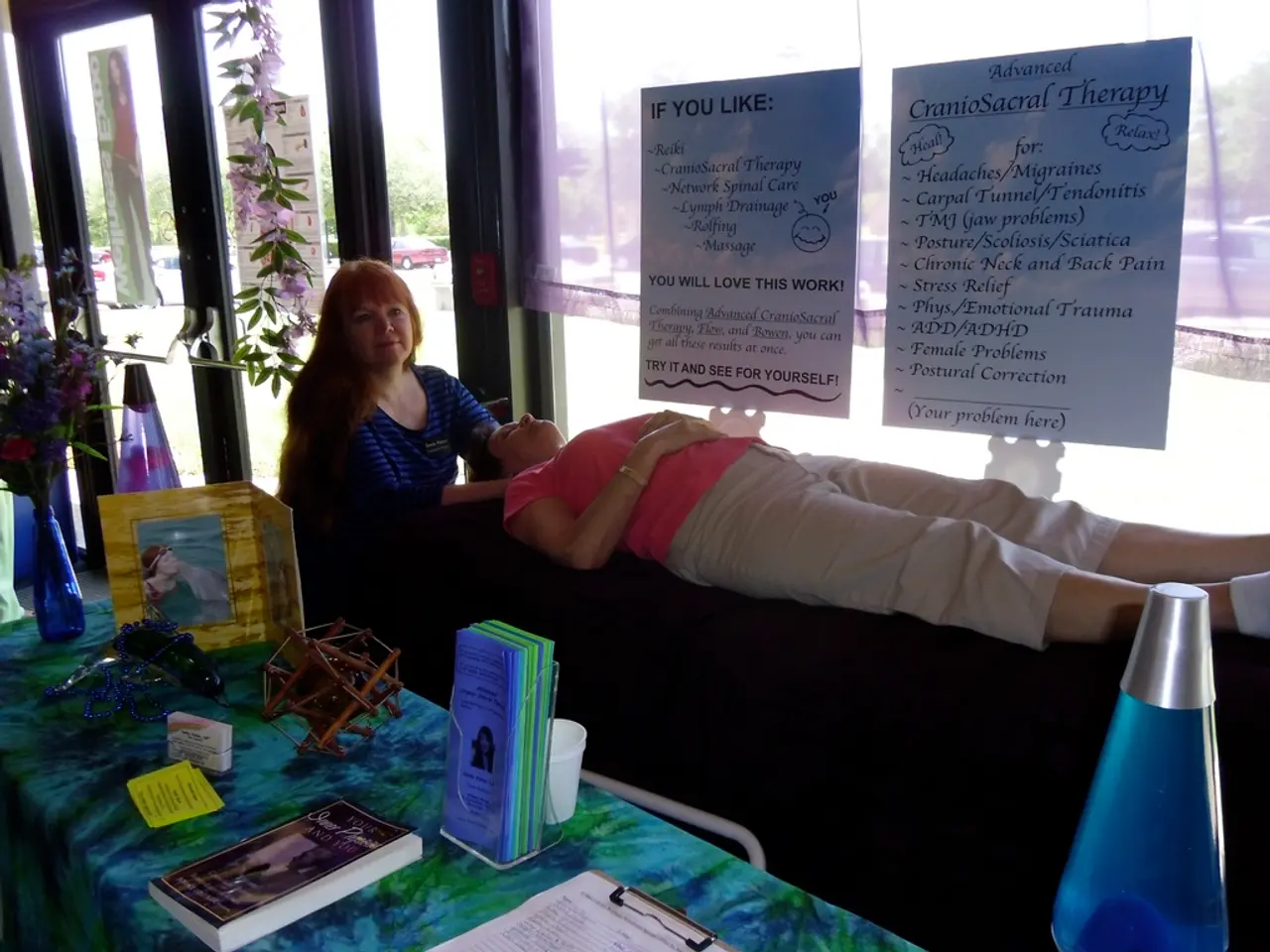Sex Obsessions and Compulsions: Does OCD Impact Intimate Relations?
Living with Obsessive-Compulsive Disorder (OCD) can present challenges in various aspects of life, including sexual intimacy. According to the Diagnostic and Statistical Manual of Mental Disorders, 5th edition, text revision (DSM-5-TR), OCD involves persistent and unwanted thoughts, urges, or images. In some cases, these intrusive thoughts can manifest as Sexual OCD, a specific way that OCD can present.
Sexual OCD often revolves around obsessive thoughts surrounding sex or sexual orientation and compulsions to manage these obsessions. These compulsions can disrupt or prevent intimacy, causing distress and negative feelings. For example, someone living with OCD may be plagued by intrusive thoughts during sex that they cannot seem to make disappear.
Fortunately, navigating intimacy when you live with OCD is possible. One effective treatment method is Exposure and Response Prevention (ERP), a type of cognitive behavioral therapy (CBT) commonly used to treat OCD. ERP helps individuals face their fears and manage obsessive thoughts without resorting to compulsions. During ERP, individuals must resist compulsions as anxiety relief, which lessens the temptation to perform them over time.
Mindfulness can also be beneficial during ERP therapy. This practice involves staying present during intrusive thoughts and allowing them to pass naturally without judgment. This can help individuals resist compulsions before or during sex.
Medication, generally antidepressants, is another common treatment option for OCD. A doctor must prescribe OCD medication. Speaking with a professional about thoughts and feelings can help individuals find the treatment they need to manage OCD symptoms and reduce anxiety surrounding sex.
Sex therapy can also be helpful. It aims to help individuals make sex less anxiety-provoking and improve communication about sex with a partner. This can be particularly beneficial for those experiencing Sexual OCD, as it can help address the specific challenges that this condition presents in sexual relationships.
It's important to remember that up to 85% of patients who complete ERP experience alleviated OCD symptoms. Complete healing usually involves becoming consciously aware of the underlying causes of OCD, which may include psychological factors, intrusive thoughts, anxiety, and possibly underlying trauma or cognitive distortions related to sexuality.
The International OCD Foundation provides more information about getting help and living with OCD. If you or someone you know is struggling with OCD, it's essential to seek professional help. With the right treatment, it's possible to manage OCD symptoms and enjoy a fulfilling sex life.
Read also:
- Nightly sweat episodes linked to GERD: Crucial insights explained
- Antitussives: List of Examples, Functions, Adverse Reactions, and Additional Details
- Asthma Diagnosis: Exploring FeNO Tests and Related Treatments
- Unfortunate Financial Disarray for a Family from California After an Expensive Emergency Room Visit with Their Burned Infant








